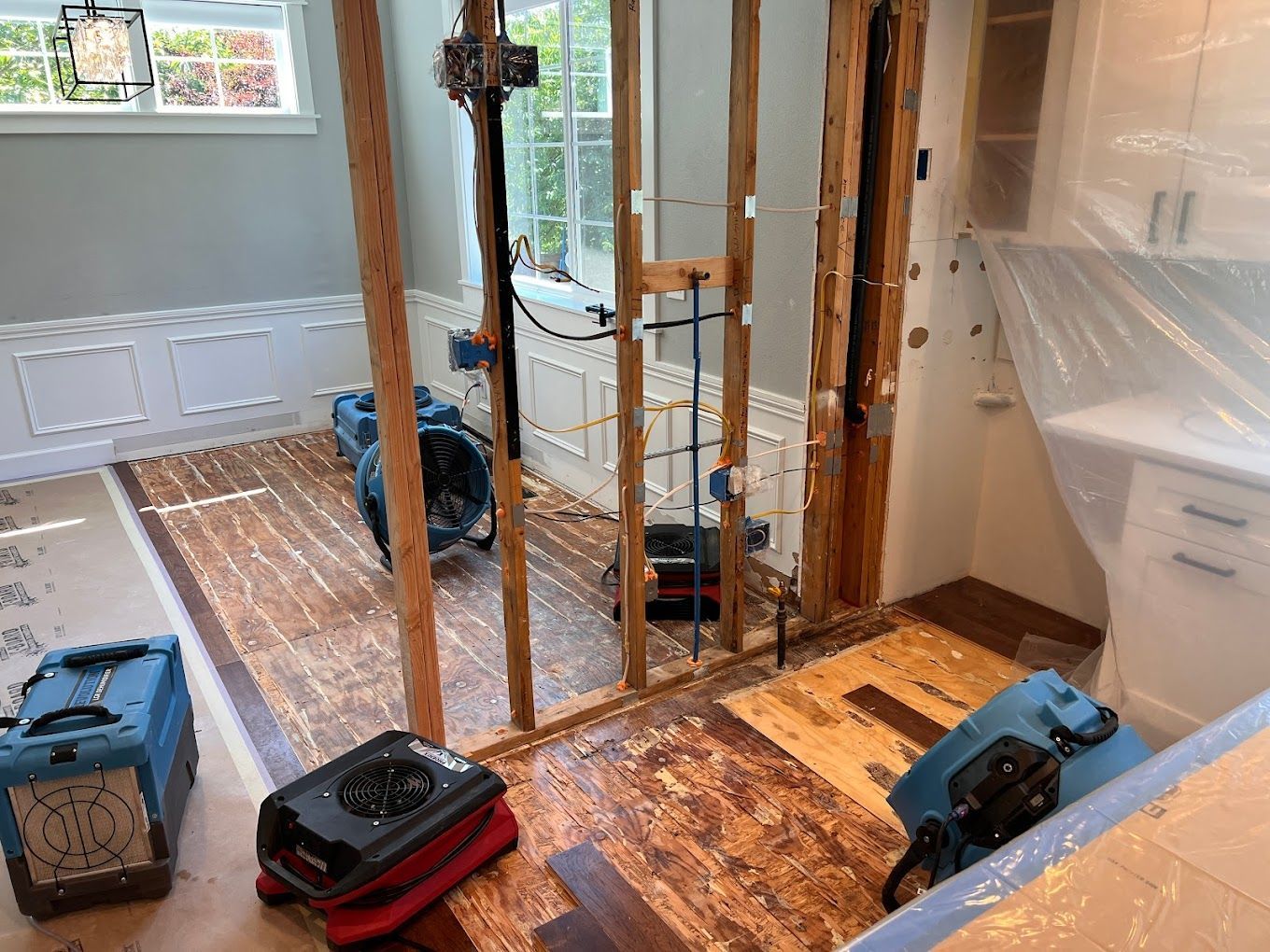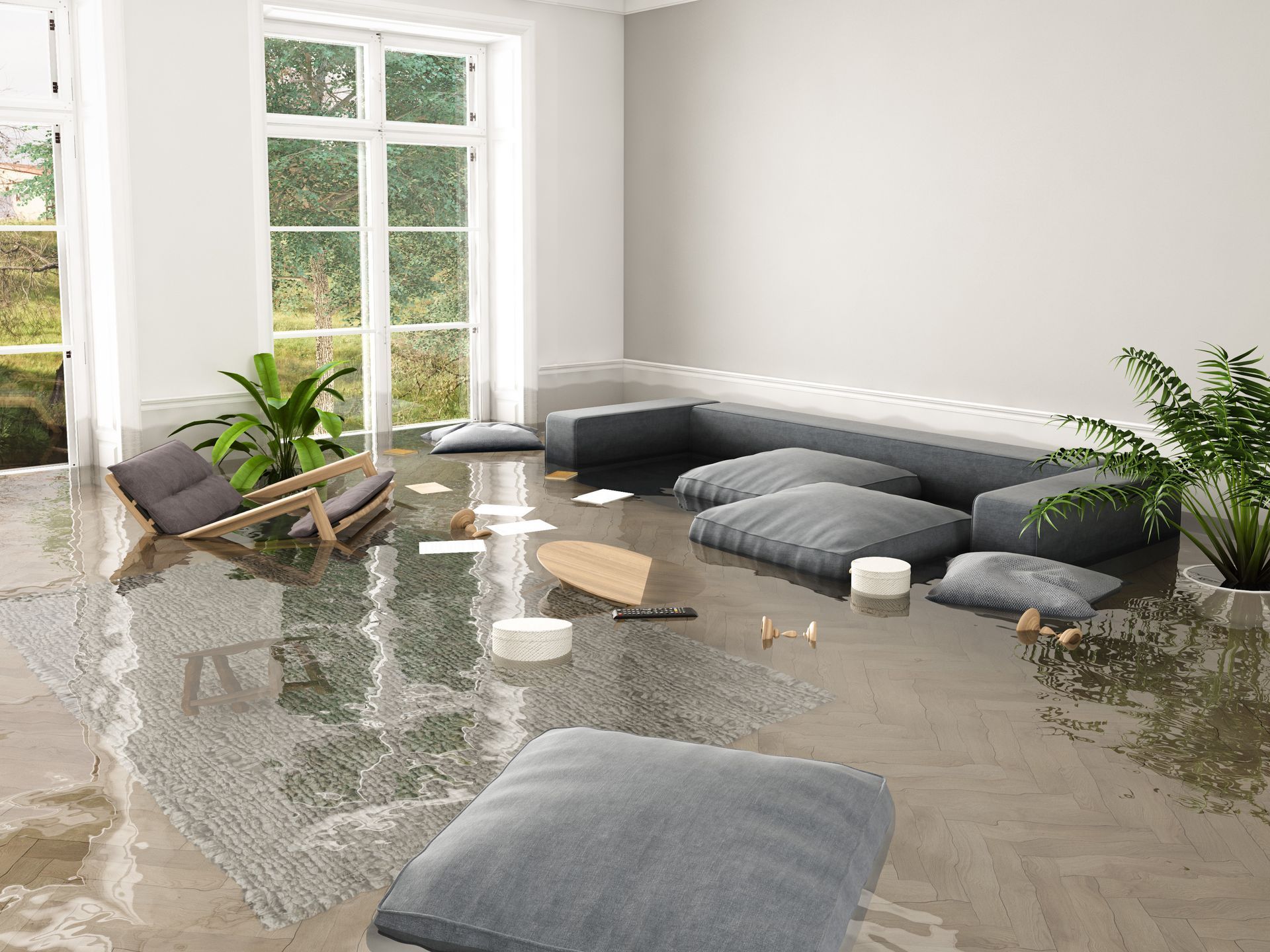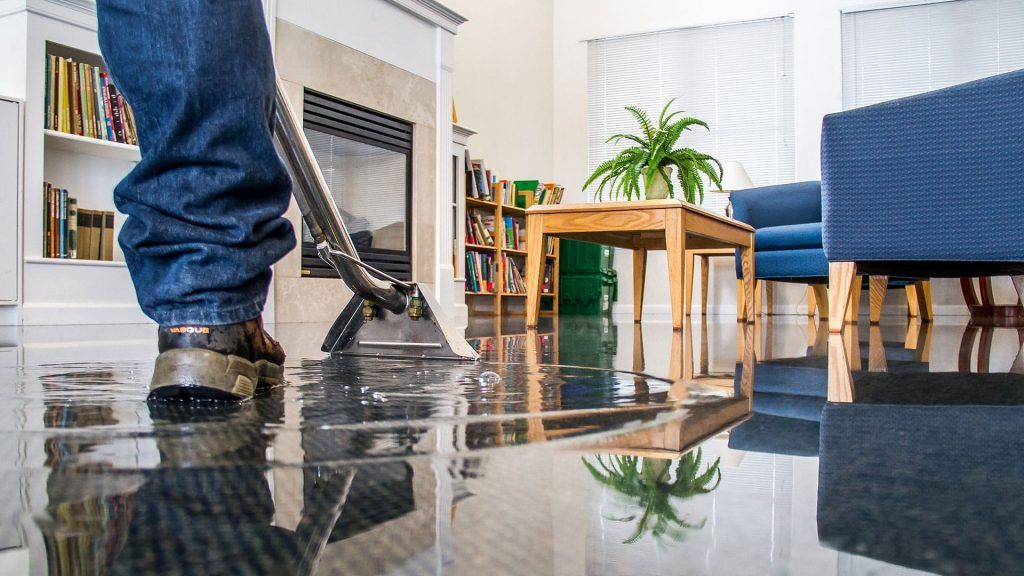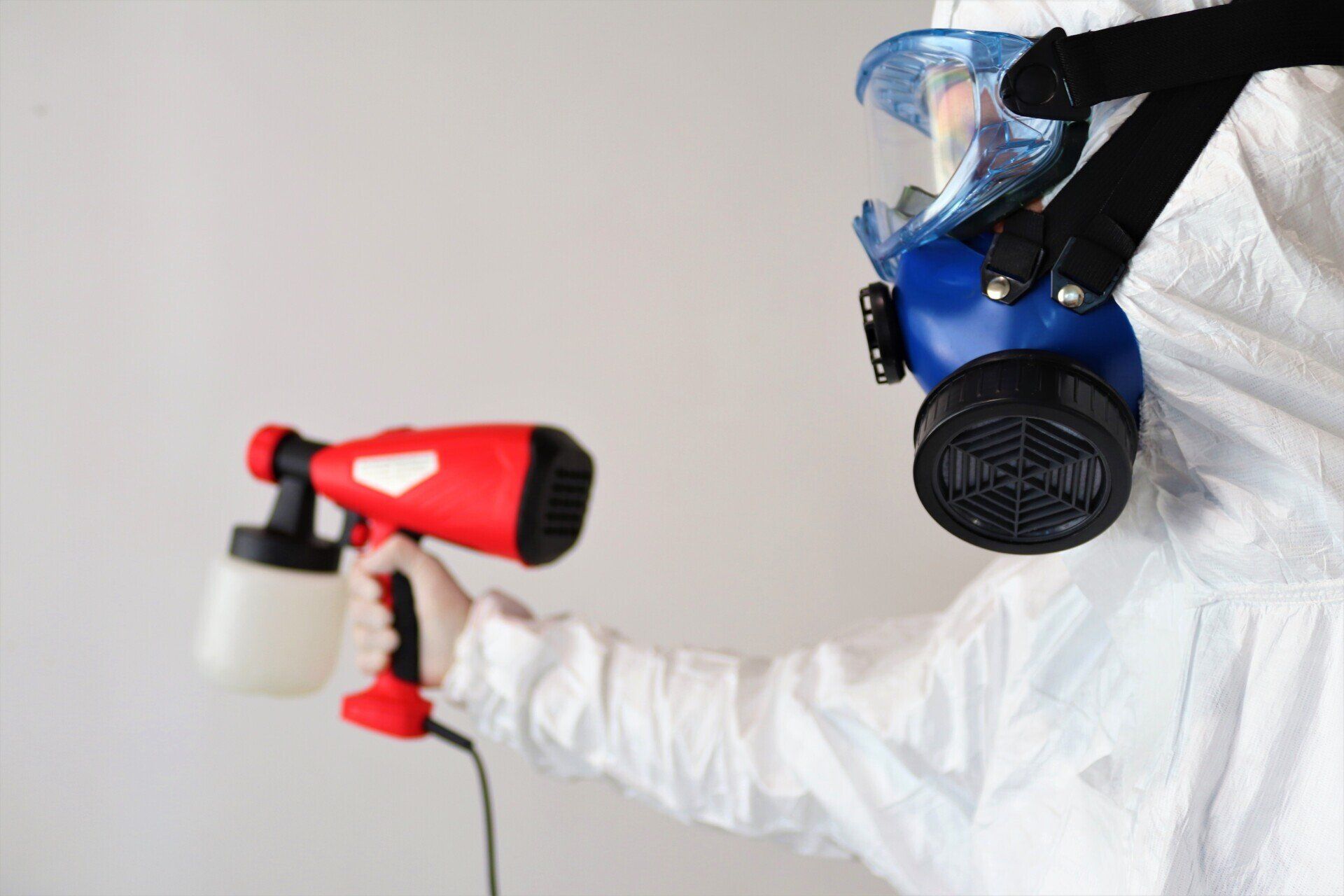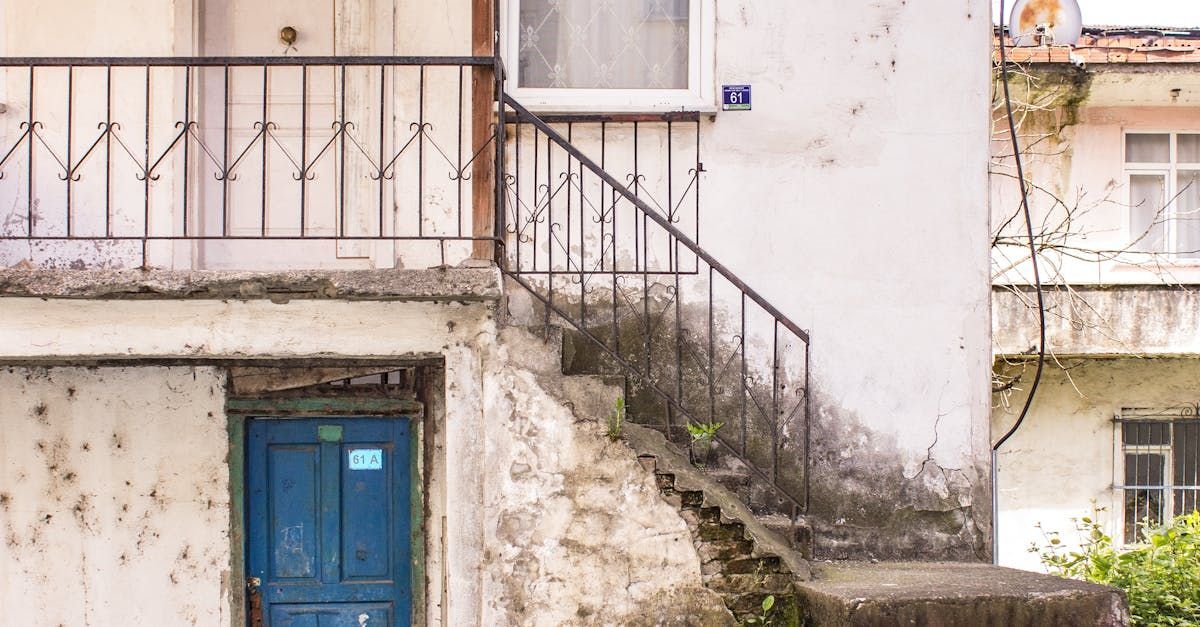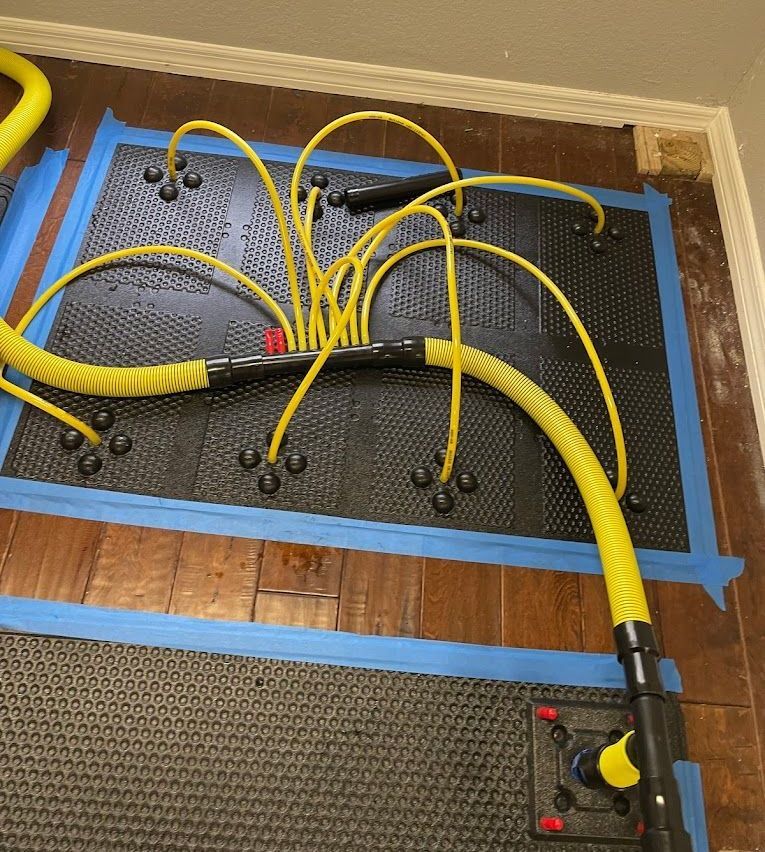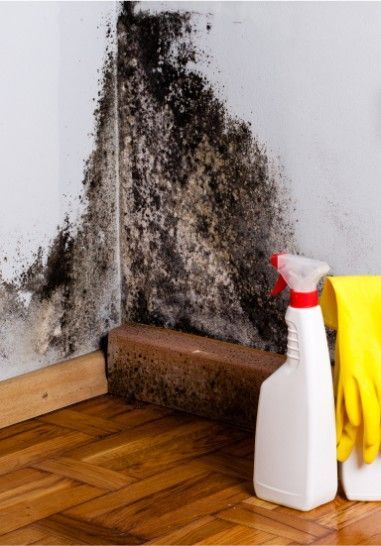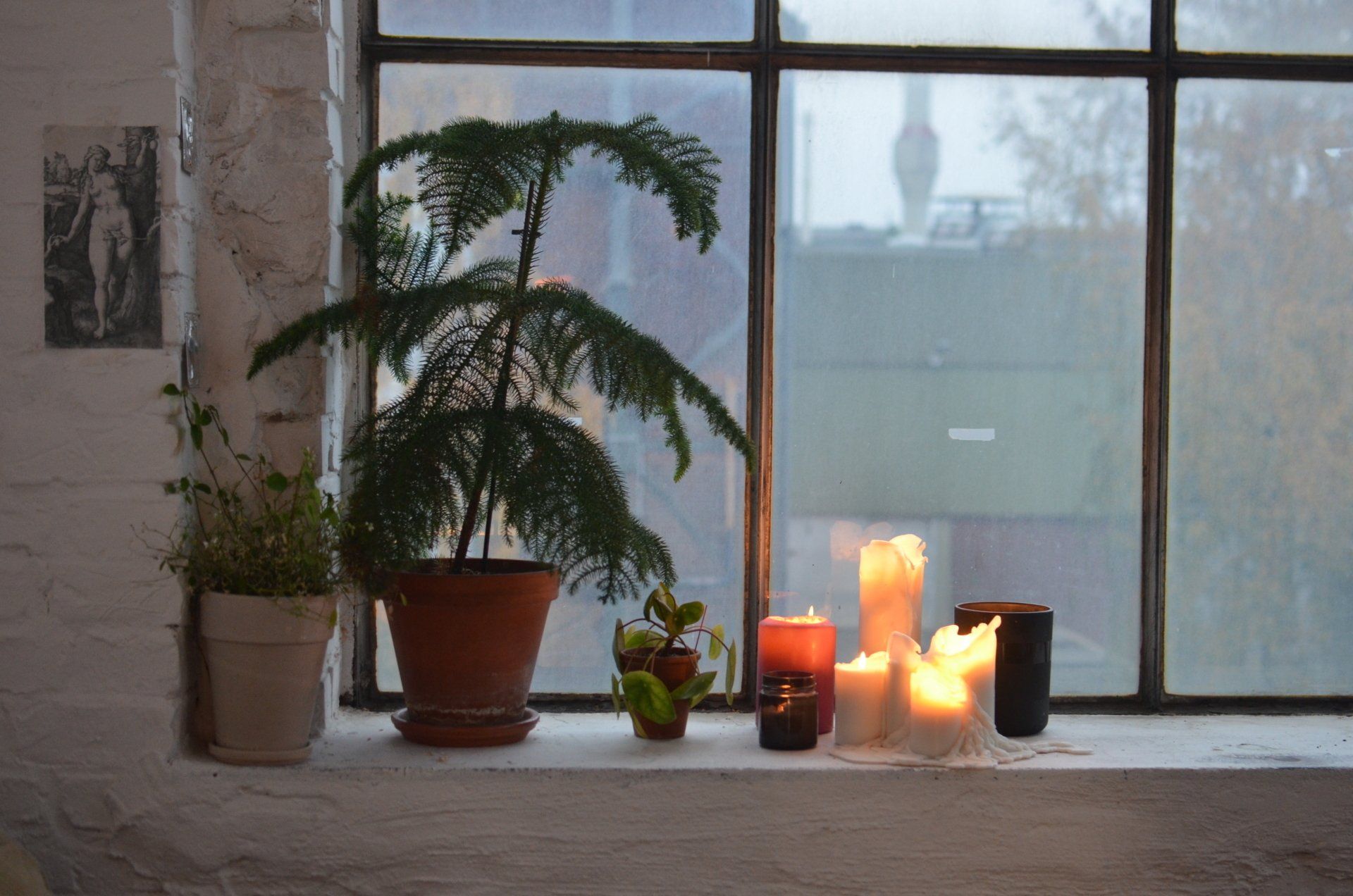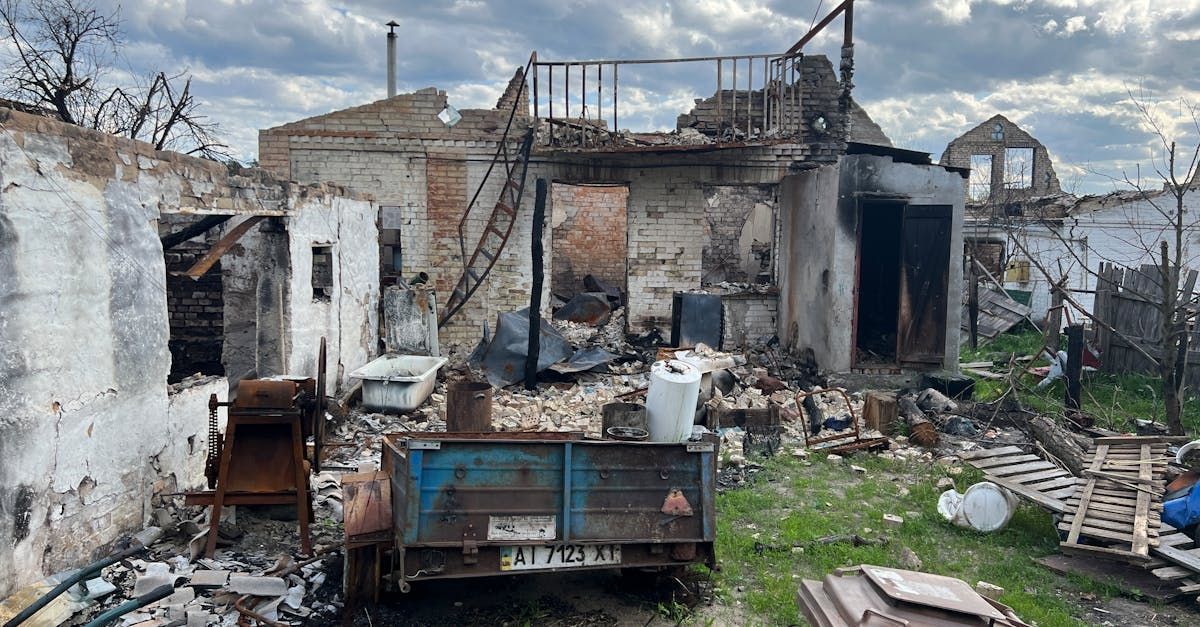How to Prevent Fire Damage in Your Home
Stop Fires Before They Start: A Guide on How to Prevent Fire Damage
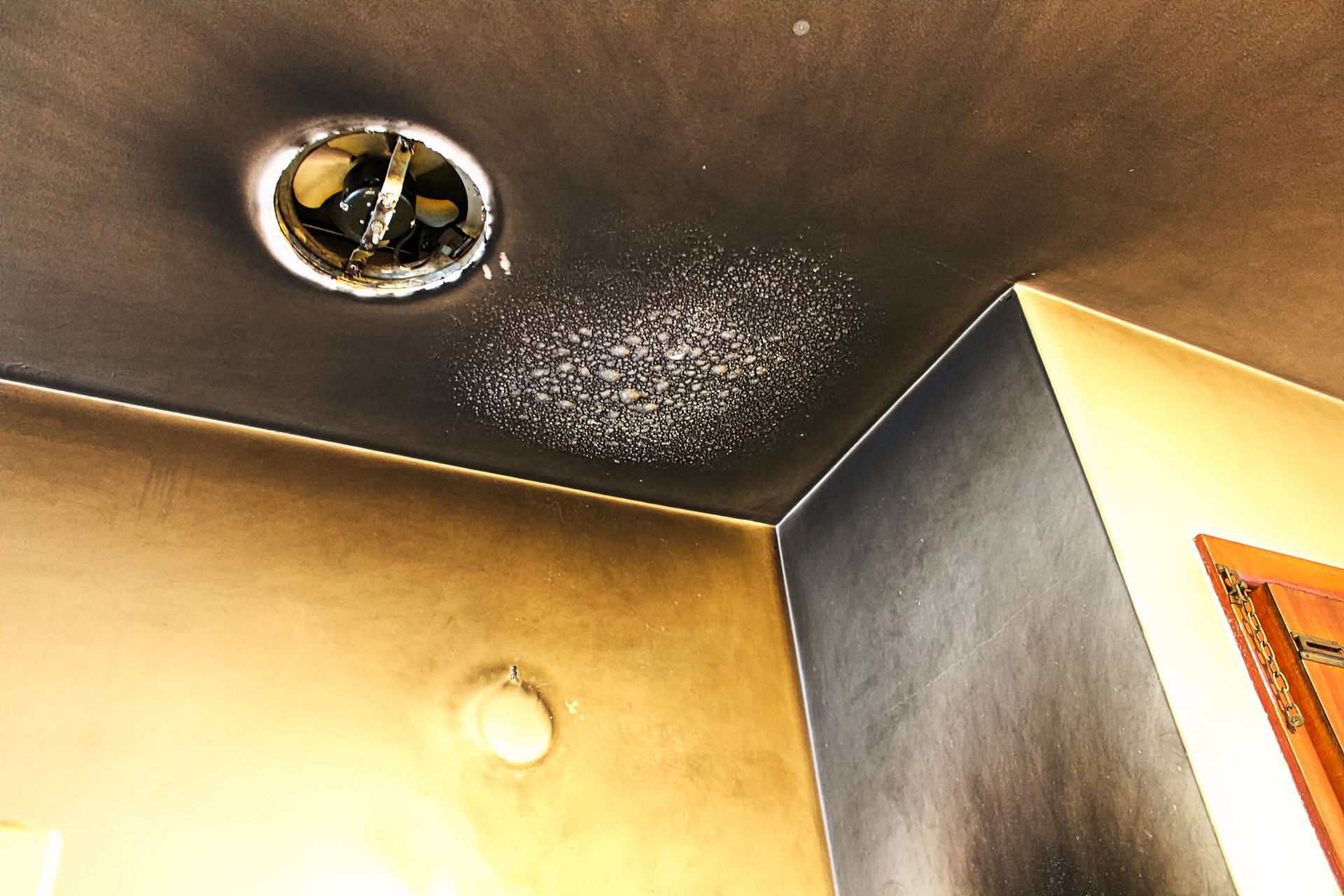
Fire, an element known for both its destructive and constructive potential, can lead to devastating consequences when out of control. One such scenario is a house fire, and the key to minimizing fire damage lies in proactive prevention. Fires, once started, can rapidly escalate, wreaking havoc not only on the physical structure of a home but, more importantly, endangering the lives within.
Understanding the full potential of fire's destructive force is crucial in motivating homeowners to take steps toward fire prevention. The aftermath of a fire can be financially, emotionally, and physically draining, with the damage extending beyond just physical property to include things of sentimental value that cannot be replaced.
In this article, we will guide you on how to prevent fires through practical tips, discuss the significance of an effective fire screen, and provide tools to avoid fire damage. Stay tuned as we explore these vital aspects to ensure your home remains a safe haven for you and your loved ones.
Understanding Fire and Its Causes
Fire, from a scientific perspective, is a chemical reaction requiring three elements: heat, oxygen, and fuel, often referred to as the fire triangle. The removal of any one of these elements can prevent fire or extinguish it. Unfortunately, house fires are a common and destructive event, causing over 25,000 injuries and $7 billion in property damage annually in the United States alone.
- Cooking accidents: One of the common causes of house fires is cooking accidents. Leaving a stove or oven unattended or mishandling grease can rapidly create a dangerous situation. Grease fires are particularly hazardous as they can't be extinguished with water and can quickly escalate.
- Electrical issues: Electrical issues, such as faulty wiring or overloaded circuits, are another prevalent cause. Overloaded circuits can overheat and ignite surrounding materials, while faulty wiring can spark and ignite if insulation is worn or damaged.
- Cigarettes and other smoking materials: Smoking materials like discarded cigarettes or smoking in bed can cause fires if they come into contact with flammable materials. A cigarette butt can smolder unnoticed and then ignite surrounding materials, leading to a fire.
- Children playing with fire: Children playing with fire sources like matches or lighters can also lead to unintentional fires. Children may not understand the potential consequences and can inadvertently start a fire that quickly spreads beyond their control.
- Flammable liquids and gases: Flammable liquids and gases, like gasoline and propane, can be a significant fire risk. Improper storage or handling can lead to leaks, which can trigger a fire if they come into contact with an ignition source.
- Arson or intentional fires: Arson or intentional setting of fires is another cause. These fires can spread rapidly and cause substantial damage, as they may be started with the explicit intention of causing harm.
- Natural disasters: Natural disasters, such as lightning strikes or wildfires, can also lead to house fires. Lightning can ignite a home directly, or it can cause a nearby fire that spreads to the house. Wildfires, especially in areas prone to drought or high temperatures, can easily engulf homes in their path.
Understanding these causes is the first step in learning how to prevent fire damage and keep your home and family safe.
Fire Prevention Tips
As we venture deeper into understanding fire and its causes, it becomes increasingly clear that prevention plays a pivotal role in securing our homes. Fire, an uninvited guest, can cause catastrophic damage, turning our safe havens into perilous territories within seconds. Thus, it becomes essential to equip ourselves with knowledge and tools to keep this danger at bay. Let's look at some practical steps that homeowners can take to prevent fire damage.
Ensure Smoke Alarms Are Installed and Working
Smoke alarms are a vital component of home safety. They offer the first line of defense against fire, providing an early warning system that can save lives. Ensuring your smoke alarms are installed correctly and functioning properly can be the difference between a minor incident and significant fire damage. It's recommended to test your smoke alarms monthly and replace the batteries at least once a year. The entire unit should be replaced every ten years or sooner if it fails a test. Installation should occur in every bedroom, outside each sleeping area, and on every level of your home. Regular maintenance includes dusting or vacuuming the unit to prevent buildup that can inhibit sensor function.
Create and Practice an Escape Plan
In the event of a fire, having a well-thought-out escape plan could be lifesaving. This plan should identify all possible exits and escape routes from your home, including doors and windows. Regularly practicing this plan ensures that in an emergency, everyone knows what to do and where to go. It's also important to designate an easily accessible meeting place outside the home where everyone can gather and be accounted for. The plan should be revisited and practiced at least twice a year.
Regularly Maintain Appliances and Electrical Wiring
Proper maintenance of appliances and electrical wiring can significantly reduce the risk of fire. Regularly inspect cords for damage such as fraying or excessive heat, and never overload outlets or power strips. If you notice flickering lights, frequent circuit breaker trips, or any other irregular electrical behavior, it may be time to hire a professional for an inspection. Regular maintenance, including professional inspections, can preemptively identify and rectify potential fire hazards, thereby helping to prevent fire damage.
Properly Dispose of Cigarettes and Other Smoking Materials
Cigarettes and other smoking materials are significant contributors to residential fires. They can smolder unnoticed and cause severe fire damage if not properly extinguished and disposed of. It's crucial to ensure complete extinguishment by dousing cigarette butts and ashes in water or sand before disposal. Never discard them in a trash can without this step, as they can easily ignite household items. Using a sturdy, deep ashtray is recommended to avoid fire hazards. Avoid smoking when drowsy or in bed, as it can lead to unattended fires. Lastly, refrain from discarding smoking materials outside, particularly in dry conditions, as it can lead to larger-scale fires. Following these tips can significantly help to prevent fire incidents.
Don't Leave the Food Unattended When Cooking
Cooking is a leading cause of home fires, and leaving food unattended on the stove poses a serious risk. The unregulated heat can ignite a small flame, which can rapidly escalate into a major fire, causing significant damage. To prevent fire damage, always stay in the kitchen while cooking, especially when frying, grilling, or broiling food. If you must leave, even for a short time, turn off the stove. Keep anything that can catch fire - oven mitts, wooden utensils, food packaging, towels, or curtains - away from your stovetop. Moreover, keep a fire screen or a fire extinguisher nearby as an added precaution. These simple yet effective steps can mitigate risks and ensure a safer cooking environment.
Use Caution When Using Candles or Space Heaters
Candles and space heaters, while useful, can often pose significant fire risks. Candles, especially when left unattended or near flammable materials, can swiftly cause a fire. Always place them on a stable, heat-resistant surface, away from drapes, furniture, or other flammable items. Space heaters, too, should be used with caution. Make sure to keep them at least three feet away from anything that can burn, including furniture and curtains. Never leave them unattended or use them while sleeping. It's also vital to plug them directly into a wall outlet, not an extension cord, to avoid overheating. Following these safety measures can help prevent fire damage and ensure safe use.
Safely Store Flammable Materials
Flammable materials such as cleaning products or gasoline can pose significant fire risks if not stored correctly. Safe storage practices play a crucial role in preventing fire damage. Always store these materials in a cool, dry place, away from any heat sources, sunlight, or open flames. Use dedicated containers with secure lids for storage, ensuring they are tightly sealed to prevent leakage. It's also essential to limit the quantity of flammable substances stored in your home to only what is necessary, reducing potential fuel for a fire. By taking these precautions, you can drastically reduce the risk of a fire in your home.
Fire Safety Equipment
When it comes to preventing fire damage and maintaining a safe home, having the right equipment can make all the difference.
- Smoke Alarms: As discussed earlier, smoke alarms are a critical first line of defense in any home, providing early warning signs when a fire begins. They work by detecting the smoke produced by fire and sounding an alert to wake up sleeping individuals or alert occupants in other parts of the house. Remember to regularly test and maintain your smoke alarms to ensure their efficiency.
- Fire Extinguishers: Fire extinguishers are an essential tool for quickly suppressing small fires before they spread. They use pressurized water, dry chemicals, or carbon dioxide to remove one of the three components a fire needs to burn—heat, fuel, or oxygen. Place fire extinguishers in key areas, including the kitchen, garage, and near fireplaces.
- Fire Blankets: Fire blankets are made of fire-resistant materials that can smother small fires or be wrapped around a person to protect them from flames. They work by suffocating the fire, effectively cutting off its oxygen supply. Keep one in your kitchen, as they're particularly effective for cooking-related fires.
- Sprinkler Systems: Residential sprinkler systems can control a fire at its early stages, reducing the rate of heat release. They work by releasing water when the surrounding temperature becomes too high. Sprinkler systems are effective in preventing a fire from growing uncontrollably, buying valuable time for the occupants to evacuate safely.
While having this equipment is important, knowing how to use it correctly is equally crucial. Regular training and practice are recommended to ensure that in case of a fire, you can respond promptly and effectively. Remember, the goal is not just to prevent fire but to secure your safety should one occur.
Dealing With Fire Damage? Call All Things New Restoration!
Fire prevention is an integral part of maintaining a safe home. From having a well-executed escape plan to regular maintenance of appliances and electrical wiring, every step plays a critical role in mitigating fire risks. Proper disposal of smoking materials, attentive cooking, cautious use of candles and space heaters, and the safe storage of flammable materials further aid in avoiding
fire damage. Equipping your home with essential fire safety equipment such as smoke alarms, fire extinguishers, fire blankets, and sprinkler systems can drastically reduce the severity of a fire, should one occur.
At
All Things New Restoration, we understand the importance of fire prevention and being prepared. However, we also know that despite your best efforts, fires can still occur. If you find yourself facing fire damage, remember that we are here to help. Our professional team has the expertise and experience to restore your home, making it feel 'all-new' again. Contact All Things New Restoration today and let us assist you in reclaiming your safe and comfortable living space.

